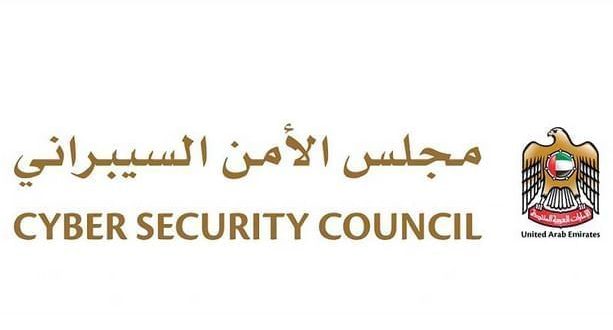The UAE Cyber Security Council announced that the national cybersecurity systems successfully thwarted malicious ransomware attacks targeting several strategic sectors in both public and private entities. The attacks aimed to breach data and lock digital systems.
The Council highlighted that emergency cybersecurity systems, in collaboration with relevant authorities, detected and preemptively countered approximately 200,000 daily cyberattacks. Additionally, they identified the hackers and the origins of the cyberattacks, addressing them through advanced protection frameworks and cybersecurity policies.
Recent sophisticated breach attempts were noted, many leveraging artificial intelligence (AI) technologies—an emerging challenge targeting digital infrastructure. The Council observed a growing trend in AI-driven threats, including deepfake technologies, social engineering, and enhanced malware such as ransomware.
The Council anticipates that traditional attacks, such as phishing and social engineering, will persist in tandem with a significant rise in advanced AI-powered cyberattacks. These emerging threats are expected to be more complex and harder to detect without cutting-edge technologies.
The Council emphasised the need for all public and private entities to comply with cybersecurity standards to safeguard against such malicious attacks.
Dr. Mohamed Al Kuwaiti, Chairman of the Cyber Security Council, reaffirmed the commitment of all national task forces to fortifying the UAE digital space and protecting critical infrastructure in line with global best practices. He assured that the UAE’s advanced digital infrastructure is well-equipped to detect and mitigate cyber threats with high efficiency and speed.
He called upon public and private institutions and individuals to remain vigilant against potential cyberattacks, urging them to be cautious of phishing attempts and fraudulent messages. Institutions and individuals were advised to avoid disclosing personal information through suspicious links and only use official and secure communication channels.
The Council warned of the increasing availability of sophisticated AI-powered tools in the hands of criminal organisations and terrorist groups, which could lead to a surge in precision-targeted attacks against unprepared entities.
The Council also underlined the importance of safeguarding personal data and verifying the authenticity of email links to prevent falling victim to cyberattacks.
Ransomware is a type of malicious software that infects electronic devices, encrypting and locking their data. Access is only restored upon payment of a specified ransom, often through cryptocurrencies. Such attacks have significant financial implications, costing institutions worldwide hundreds of millions of dollars annually.
 UAE BARQ برق الإمارات – نبضك
UAE BARQ برق الإمارات – نبضك



